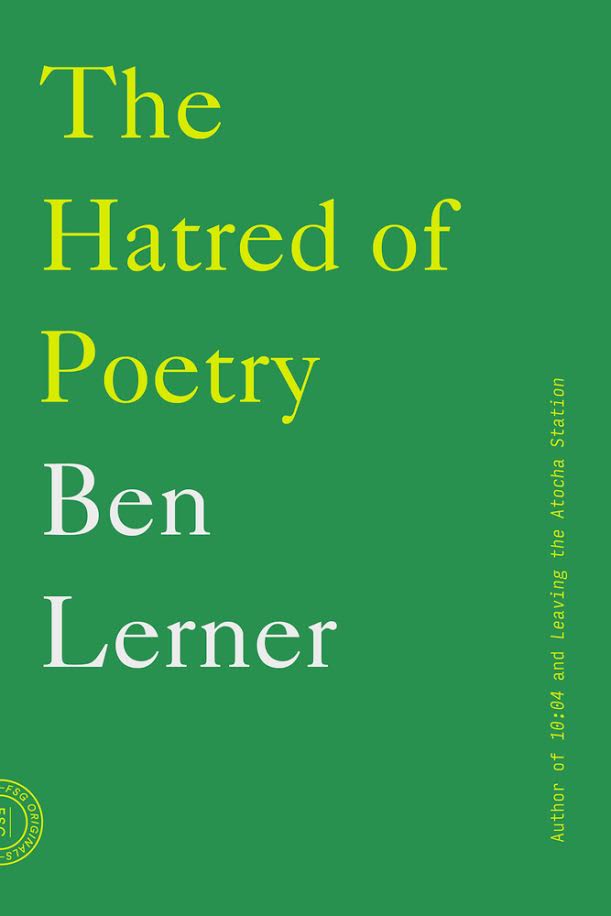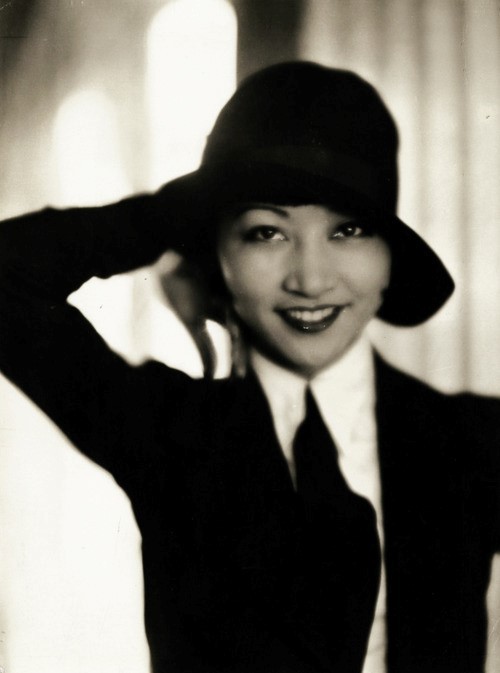The Hatred of Poetry, by Ben Lerner
In honor of National Poetry Month, I committed to having a more open mind when confronting Poetry. You see, I am not comfortable with poetry. Admittedly, much of it makes me feel stupid because I just don’t get it.
So I was intrigued to see Ben Lerner’s name pop up in searches on poetic subjects, for an essay he published entitled The Hatred of Poetry. Although I’m familiar with Mr. Lerner from his novel 10:04, and from some interesting articles he’s posted, and although I know he is a published poet, I haven’t read any of his poems. To be honest, his prose is erudite enough (although I love it) to make me reticent to go one layer deeper down and try his poetry.
Still… although I don’t “hate” poetry (well, okay, I do hate some poetry, because of the aforementioned making me feel stupid), I was intrigued to find out what a poet would have to say about the hatred of poetry (which is not that uncommon of a sentiment, I’ve come to learn). As it turns out, the essay, which has been published in book form, is actually quite entertaining.
The gist of it is that it is right and proper to hate poetry, because “the poem is always a record of failure.” This is predicated by the assertion that poetry is the attempt to express the inexpressible, or, in the case of Caedmon (the “first poet in English whose name we know”) to express the “gorgeous verses praising God” that come to him in a dream upon waking back in the mundane world. Due to this inability to replicate the divine, poetry is open to derision. Now, I’m relating this somewhat flippantly, but for Mr. Lerner, it’s a serious topic for discussion.
And discuss it he does, from his first real encounter with poetry (“In ninth grade English, Mrs. X required us to memorize and recite a poem, so I went and asked the Topeka High librarian to direct me to the shortest poem she knew…“) to Plato’s attacks on poetry, from William Topaz McGonagall (purported to be the worst poet in history) to Keats and Dickinson and Whitman, to the particular snideness of the avant-garde and the derision at Barak Obama’s decision to have a poem read at his inauguration, and so on to Elizabeth Alexander (who wrote and read that poem) and Claudia Rankine, Amiri Baraka and poetry slams – it’s quite the wide ranging essay.
But what keeps it from being too starchy is how Mr. Lerner will draw back the highbrow and slip in some phrase or story, or take on something, that feels less essay and more conversational, such as how the root word for “virgule” – the slash that denotes lines in poetry when they are quoted in prose – is also the root word for “virga”, which happens to be his favorite meteorological event: “streaks of water or ice particles trailing from a cloud that evaporate before they reach the ground.” Something else that starts out with great potential but never makes it to a place where it matters.
So while Mr. Lerner doesn’t really address my particular, um, frustration with poetry (re: making me feel stupid) in his essay, that frustration doesn’t lend itself to The Hatred of Poetry. Yup, it was a little above my pay grade, but it was still enlightening. It’s definitely worth a read, regardless of where poetry falls on your literary Richter scale.
—Sharon Browning

